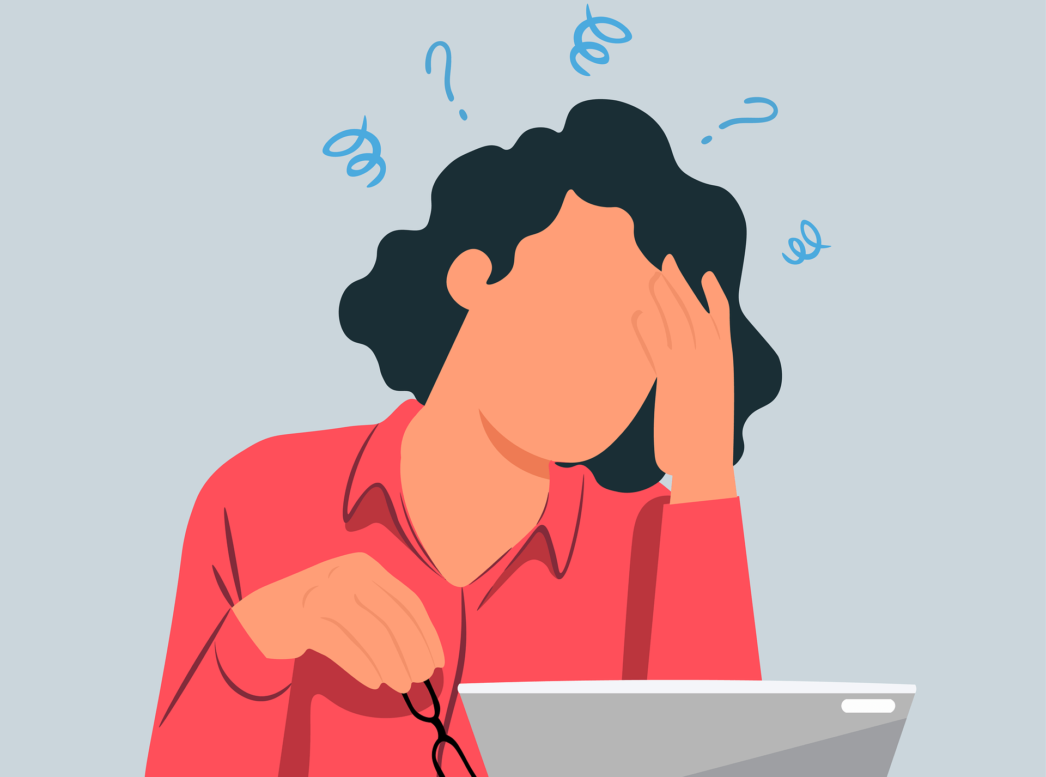In honour of International Stress Awareness Week, we’re sharing some information about stress and how it relates to fetal alcohol spectrum disorder (FASD).
What is Stress?
Stress is a normal response that your body has to pressures in your environment. It is caused by chemicals called hormones that send signals to your body. These hormones cause people to sweat, tense up, and breathe faster. Stress activates someone’s “fight-or-flight” response, a system in the body that helps protect us from danger.
Stress is a normal part of our daily lives and certain amounts of stress are important to help us function. Small doses of stress help us meet deadlines, get to places on time, and prepare for important events. However, long-term stress can be harmful and can lead to mental and physical health problems, like depression, substance use issues, and stroke.
Stress and Alcohol Consumption
When we’re stressed or anxious, we may turn to alcohol or other substances to help us cope with these feelings. However, using alcohol or other substances as a coping strategy is not healthy.
Alcohol impacts the balance of chemicals in our brain, affecting our thoughts, feelings, and actions. The more alcohol we drink, the greater the impact it can have on our brain and bodies. Alcohol can actually make us feel more anxious and depressed, which makes it harder for us to deal with stress.
Stress in pregnancy can cause fetal harm
Researchers have shown that stressful experiences during pregnancy can impact the mental health and bodily function of both the mother and child. Children who experience prenatal and early postnatal stress may be at an increased risk for neurological and psychiatric disorders. Stress can also impact the functioning of both the mother’s and child’s immune and nervous systems.
Prenatal alcohol exposure interacts with stress
Prenatal alcohol exposure (PAE) causes changes to normal stress pathways in the brain, which impacts how people with PAE respond to stress. Prenatal exposure to stress may also aggravate the impacts that someone with PAE experiences. In a 2019 study looking at co-occurring exposures in 77 children with PAE, 86% of them had experienced toxic stress while in the womb. The authors were concerned that these co-occurring exposures may have unexpected and cumulative effects on development. These effects are anticipated to have a greater impact than just alcohol or just stress on their own.
Caregivers of people with FASD experience increased levels of stress
Historically, researchers have shown that caregivers of people with disabilities experience higher levels of stress than caregivers of children without disabilities. The authors of a recently published article stated that caregivers of individuals with FASD experienced significantly high levels of stress, much above the cut-off point where consultations with health care professionals are recommended.
What can you do?
We are in a time of heightened stress. The global pandemic has caused a number of unexpected changes, impacting how we live our lives. It is normal for you to feel stressed and anxious, but it is important that we take time to recognize stress in our lives and look for healthy ways to cope.
Monitor your stress levels to understand what makes you tick. You can monitor your own stress by practicing self-reflection or bringing awareness to your daily actions. The Centre for Addiction and Metal Health also offers online tests* that you can take to measure your stress.
Think about what you usually do to handle stress. Are your coping strategies healthy? Do you find that you’re using alcohol or other substances more often?
Find coping strategies that work for you. Everyone is different and everyone manages stress differently. If you are looking for new coping strategies, try getting active, unplugging from the Internet, eating healthy, getting enough sleep, or starting a new hobby.
If you have tried a number of different coping strategies but are continuing to struggle with anxiety and stress, you may need extra support from a medical professional. You can contact someone like your family doctor, a psychologist, a psychotherapist, a social worker, or another health professional for help. Canadians can also access online support through Wellness Together Canada and other online portals.
Remember: managing stress is important for our own health and the health of those we care about.
*Note: these tests are not intended to diagnose conditions or to replace a professional assessment from a health care practitioner.

